
November 30, 1912- March 7, 2006
Gordon Parks was a groundbreaking american photographer, musician, poet, novelist, journalist, activist, and film director. He is best remembered for his photo essays for Life Magazine and as the director of the 1971 film Shaft.
http://www.time.com/time/photoessays/2006/gordon_parks/
The son of a tenant farmer, Parks grew up in poverty. After dropping out of high school, he held a series of odd jobs, including pianist and waiter. In 1938 he bought a camera and initially made a name for himself as a portrait and fashion photographer. At the age of 25, Parks was struck by photographs of migrant workers in a magazine and bought his first camera, a Voigtländer Brilliant, for $12.50 at a pawnshop. The photo clerks who developed Parks' first roll of film, applauded his work and prompted him to get a fashion assignment at Frank Murphy's women's clothing store in St. Paul. Parks double exposed every frame except one, but that shot caught the eye of Marva Louis, heavyweight boxing champion Joe Louis' elegant wife. She encouraged Parks to move to Chicago, where he began a portrait business for society women. After moving to Chicago, he began chronicling life on the city's impoverished South Side. These photographs led to a Julius Rosenwald Fellowship, and in 1942 he became a photographer at the Farm Security Administration (FSA). While with the FSA, he took perhaps his best-known photograph, American Gothic, which featured an African American cleaning woman holding a mop and broom while standing in front of an American flag. Parks had been inspired to create the picture after encountering repeated racism in restaurants and shops, following his arrival in Washington, D.C.. In 1948 Parks became a staff photographer for Life magazine, the first African American to hold that position. He remained with the magazine until 1972 and became known for his portrayals of ghetto life, black nationalists, and the civil rights movement.
Also know for doing photo-essay about a child from a Brazilian slum was expanded into a television documentary (1962) and a book with poetry (1978), both titled Flavio.
Parks also was noted for his intimate portraits of such public figures as Ingrid Bergman, Barbra Streisand, Gloria Vanderbilt, and Muhammad Ali. Parks' first work of fiction was The Learning Tree (1963), a coming-of-age novel about a black adolescent in Kansas in the 1920s. He also wrote forthright autobiographies—A Choice of Weapons (1966), To Smile in Autumn (1979), and Voices in the Mirror (1990). He combined poetry and photography in A Poet and His Camera (1968), Whispers of Intimate Things (1971), In Love (1971), Moments Without Proper Names (1975), and Glimpses Toward Infinity (1996). Other works included Born Black (1971), a collection of essays, the novel Shannon (1981), and Arias in Silence (1994).In 1968 Parks became the first African American to direct a major motion picture with his film adaptation of The Learning Tree. He also produced the movie and wrote the screenplay and musical score. He next directed Shaft (1971), which centered on a black detective. A major success, it helped give rise to the genre of African American action films known as “blaxploitation.” A sequel, Shaft's Big Score, appeared in 1972. Parks later directed the comedy The Super Cops (1974) and the drama Leadbelly (1976) as well as several television films.

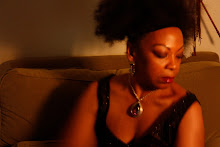







































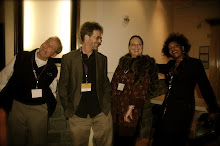
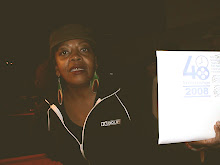

















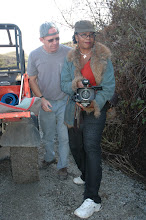



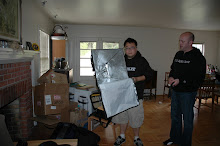






















No comments:
Post a Comment